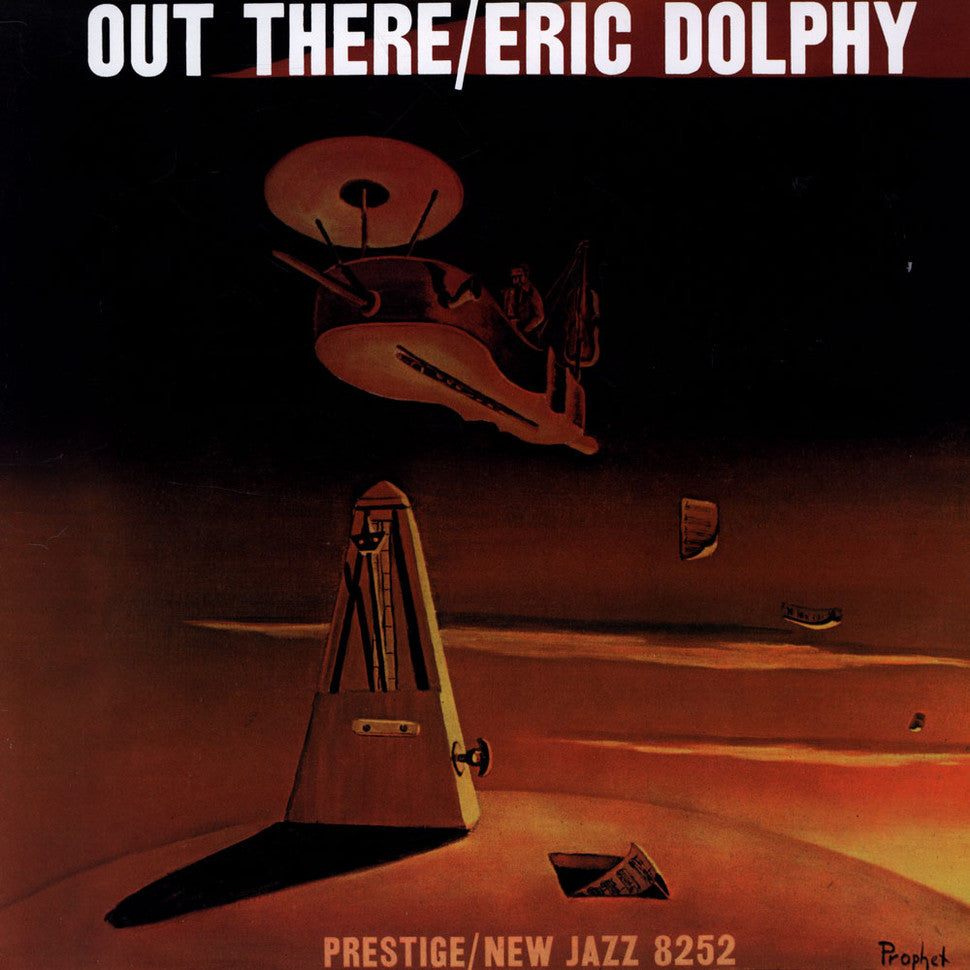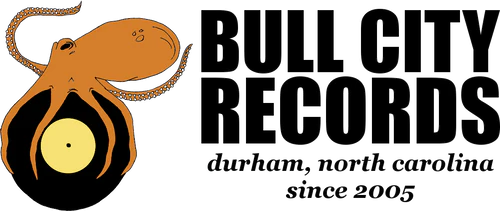Eric Dolphy - Out There LP
Eric Dolphy - Out There LP
OJC
Couldn't load pickup availability
The follow-up album to Outward Bound, Eric Dolphy's second effort for the Prestige/New Jazz label (and later remastered by Rudy Van Gelder) was equally praised and vilified for many reasons. At a time when the "anti-jazz" tag was being tossed around, Dolphy's nonlinear, harshly harmonic music gave some critics grist for the grinding mill. A second or third listen to Dolphy's music reveals an unrepentant shadowy side, but also depth and purpose that were unprecedented and remain singularly unique. The usage of bassist George Duvivier and cellist Ron Carter (an idea borrowed from Dolphy's days with Chico Hamilton) gives the music its overcast color base, in many ways equally stunning and uninviting. Dolphy's ideas must be fully embraced, taken to heart, and accepted before listening. The music reveals the depth of his thought processes while also expressing his bare-bones sensitive and kind nature. The bluesy "Serene," led by Carter alongside Dolphy's bass clarinet, and the wondrous ballad "Sketch of Melba" provide the sweetest moments, the latter tune identified by the fluttery introspective flute of the leader, clearly indicating where latter-period musicians like James Newton initially heard what would form their concept. Three pieces owe alms to Charles Mingus: his dark, moody, doleful, melodic, and reluctant composition "Eclipse"; the co-written (with Dolphy) craggy and scattered title track featuring Dolphy's emblematic alto held together by the unflappable swing of drummer Roy Haynes; and "The Baron," the leader's dark and dirty, wise and willful tribute to his former boss, accented by a choppy and chatty solo from Carter. "17 West," almost a post-bop standard, is briefly tonal with a patented flute solo and questioning cello inserts, while the unexpected closer written by Hale Smith, "Feathers," is a haunting, soulful ballad of regret where Dolphy's alto is more immediately heard in the foreground. A somber and unusual album by the standards of any style of music, Out There explores Dolphy's vision in approaching the concept of tonality in a way few others -- before, concurrent, or after -- have ever envisioned.
Share


